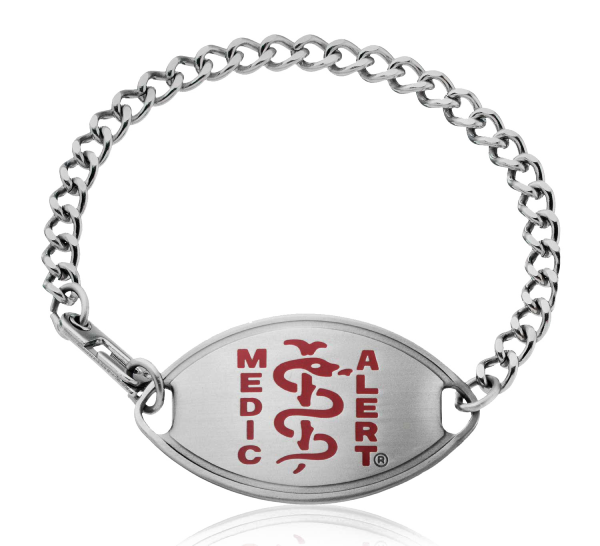
How to Be Your Own Health Care Advocate: 4 Actionable Tips
Why Self-Advocacy in Healthcare Matters
Living with chronic conditions like asthma, diabetes, or heart disease can be overwhelming. From scheduling appointments to understanding treatment plans, it’s easy to feel lost. That’s why learning how to advocate for your health is critical — especially when juggling multiple doctors, medications, and complex insurance systems.

Tip #1: Build a health care team you trust.
When you manage a chronic health condition, you’re most likely seeing different specialists for different aspects of the condition. Throughout the years, you may even change doctors based on disease progression or your health needs.
It is important to assemble a team of doctors that not only thoroughly understands your condition, but also your views on how to treat it. Don’t be afraid to voice your concerns. If a provider isn’t a good fit, it’s okay to look elsewhere.
Tip #2: Understand how your insurance works.
Health insurance is complicated. Many of us have never taken the time to truly understand how our insurance works. Avoid costly surprises by knowing what’s covered, what needs pre-approval, and which providers are in-network.

Tip #3: Keep your medical records organized.
No matter which physician’s office you find yourself in, you should always be prepared with your full medical history and supporting documentation. An easy way to ensure you have your complete medical history is to download a copy of your MedicAlert Online Profile.
How does MedicAlert help you stay organized and prepared?
Safe Plan
This protection plan includes the following information:
- Medical Conditions
- Drug Allergies
- Implanted Devices (stent, pacemaker, spinal stimulator, etc.)
- Medications & Dosages
- Surgeries
- Patient Instructions (i.e.: MRI restrictions, No MRI, Caution with Intubation, and various other instructions)
Safe & Connected Plan
This protection plan includes the following information:
- Up to ten (10) emergency contacts. After information is given to first responders and/or a hospital, we reach out to emergency contacts to let them know something happened and to which hospital the member has been taken if needed.
Plus everything from the Safe protection plan:
- Medical Conditions
- Drug Allergies
- Implanted Devices (stent, pacemaker, spinal stimulator, etc.)
- Medications & Dosages
- Surgeries
- Patient Instructions (i.e.: MRI restrictions, No MRI, Caution with Intubation, and various other instructions)
Safe & Found Plan
This protection plan includes the following information:
- Up to four (4) physicians.
- The ability to store documents on file – records such as treatment protocol for a rare disease, an extensive allergy list, copies of implanted device cards, and a copy of DNR/POLST/MOST documents (for DNR engravings).
Plus everything from the Safe & Connected protection plan:
- Up to ten (10) emergency contacts. After information is given to first responders and/or a hospital, we’ll notify your emergency contacts.
- Medical Conditions
- Drug Allergies
- Implanted Devices (stent, pacemaker, spinal stimulator, etc.)
- Medications & Dosages
- Surgeries
- Patient Instructions (i.e.: MRI restrictions, No MRI, Caution with Intubation, and various other instructions)
Having vital medical information in front of you is important. It will help your providers make informed decisions on everything from ordering further tests, prescribing new medication, or deciding on surgery. You can learn more about our protection plans here.

Tip #4. Don't be afraid to ask questions.
If you don’t understand something, ask. Sometimes, doctor-speak can be confusing and we don’t always understand. Preparing a list of questions before you go to the doctor’s visit will help. This will organize your thoughts, optimize your time with the doctor. And will ensure that you get the answers to your questions.
As you grow more comfortable with your care team and learn how to be your own health care advocate – you can manage your condition with ease. Advocacy isn’t just about better care — it’s about peace of mind, too.
Live confidently with MedicAlert

MedicAlert Membership
24/7 Protection
MedicAlert Member Benefits
Enjoy life-saving benefits and store your comprehensive health history for emergency treatment.

Wearable Medical IDs
for Any Condition
Wearable MedicAlert IDs
A medical ID communicates vital medical information to first responders so you can receive the care you need.

QR Code IDs
Scannable Medical IDs
QR Code Digital IDs
Perfect for people with multiple conditions and complicated histories.